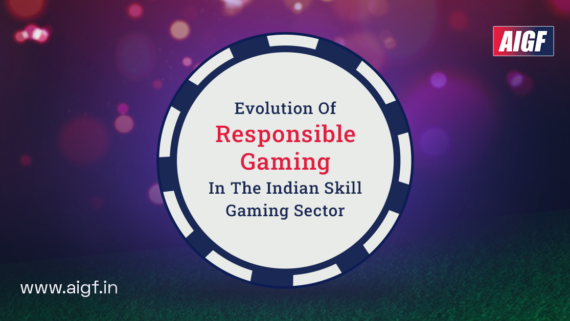As per a KPMG report acknowledged earlier, in 2022, around 420 million individuals will play online games in India. The report likewise anticipated that the esports market would expand up to 5x soon.
Skill Gaming Could Help Grow The Indian Economy
Lately, skill gaming activities like esports and fantasy sports have been flourishing in India. The sector has encountered enormous development in the last 1–2 years. This is generally filled by the rising internet penetration in India and the developing interest of Indians in skill-based games.
As per a KPMG report acknowledged earlier, in 2022, around 420 million individuals will play online games in India. The report likewise anticipated that the esports market would expand up to 5x soon.
Indeed, even at present, the online skill gaming market is currently adding to government revenue. It is driving advancement and wealth creation in India by drawing investments into the startup ecosystem. As indicated by data from industry research, the online skill gaming market is at present esteemed at INR 150,000 cr. According to Ernst and Young, by 2025, this figure will have risen to INR 11 billion.
Nonetheless, one main consideration that smothers the development of the sector is the absence of legitimate guidelines. Because of the absence of policies to guide, the sector has been very unsteady as far as revenue generation in India, which is dissimilar to different nations like the UK, which has severe skill gaming policies and regulatory authorities.
The only Indian central gambling law is the Public Gambling Act of 1867, which came into place before the presence of online pay-to-earn sites or even the internet for that matter. Each state has been passed on with the obligation to control pay-to-earn in its jurisdiction. However, just Telangana and Andhra Pradesh have done so as of late.
The Push for Regulation of the Online Skill Gaming Sectors
Industry specialists and high courts across the country have started to highlight the insufficiencies of the regulations and urge the public authorities to foster administrative guidelines.
The esports section has been more vocal among online skill gaming organizations, requesting an explicit affirmation of the lawfulness of their service. For example, the All India Gaming Federation (AIGF) is stressing that games of skill are legitimate.
However, specialists are astounded at how the public authorities miss out on tax income and license revenues that could have been generated from these guidelines, ruining the development of skill gaming organizations simultaneously. While creating administrative principles will support responsible gaming, the potential for tax income and occupation creation alone ought to be sufficient to convince specialists to make up for the shortfall.
As of now, states that have prohibited skill gaming activities have smothered nearby organizations while not having the option to prevent residents from getting licensed offshore online skill gaming platforms. A few states, like Maharashtra, are presently hoping to make the entire sector lawful. The Karnataka and Kerala legislatures have been urged by courts to seek contemporary guidelines.
What’s the best way forward?
The best way to make progress in the sector is by introducing guidelines. The advantages of this are huge.
The sector, as of now, uses many individuals through a network of service providers and developers. These incorporate an informal network of private digital channels, applications, and sites that give tips, research, and backing to digital gamers.
The skill gaming industry is also assisting in the development of more talents in rapidly developing areas such as machine learning, animation, cloud, and AI. It is easy to predict that the thriving sector will soon propel India to global prominence.
Credit: Zee Business











Comments
Comments are closed.